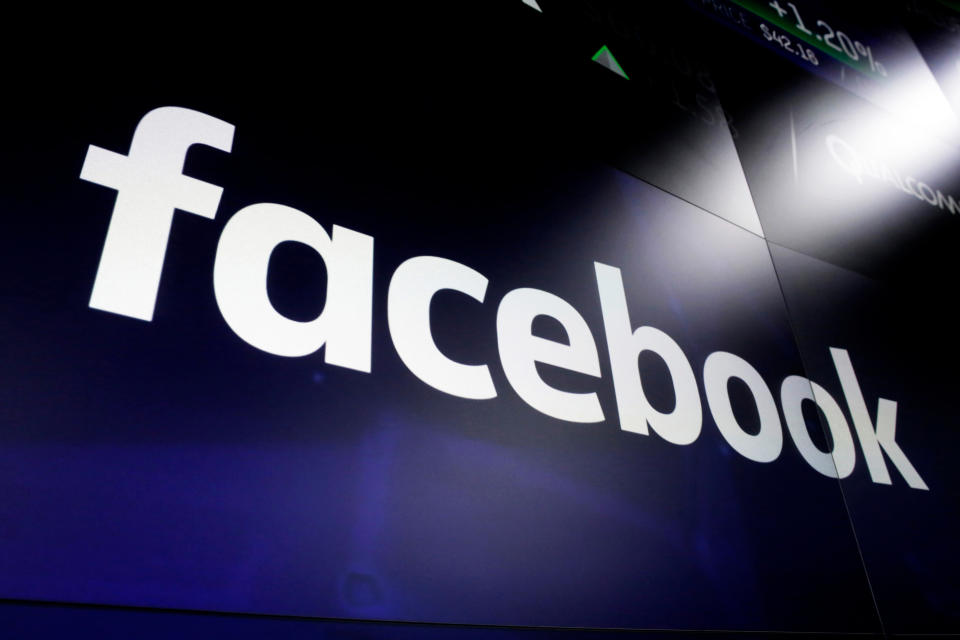Facebook pays France €106m in back taxes as digital tax row rumbles on

Facebook (FB) has agreed to pay €106m (£95m, $125m) in back taxes and penalties to France to settle a protracted dispute with authorities that began almost a decade ago.
In a statement, the social media giant said that it had reached an agreement with French tax authorities with respect to taxes owed between 2009 and 2018.
Since 2018, Facebook said that it had changed its selling structure such that revenue from advertisers supported by its French unit was now “recorded in this country.”
The company will pay €8.46m in taxes in France this year, representing a 50% increase on last year, it said.
“We pay the taxes we owe in every market we operate,” a Facebook spokesperson said.
The settlement comes after French tax authorities raided Facebook’s Paris headquarters in 2012 in order to conduct a sweeping audit of its tax arrangements and operations.
READ MORE: Treasury denies reports it will drop digital tax
Facebook was accused of artificially lowering its effective tax rate in France by funnelling sales to other European subsidiaries.
Facebook’s decision to settle the case means that the social media giant can avoid a highly public battle with the authorities, which would risk backlash in a country that is increasingly clamping down on digital giants.
The agreement comes after Google (GOOG) last year agreed to pay almost €1bn to settle a similar tax dispute in France, and as the country is set to introduce a new digital tax later this year.
Hoping to broker an agreement on international tax proposals with the US, France agreed to delay the introduction of its own tax until later in 2020.
But talks at an international level have collapsed after the US essentially withdrew from negotiations.
“The United States does not want to continue negotiations on digital taxation at the OECD,” French finance minister Bruno Le Maire said in June.
Facebook chief executive Mark Zuckerberg earlier this year gave his backing to the international proposals, noting that Facebook accepted that the scheme “may mean we have to pay more tax.”
READ MORE: AstraZeneca launches new coronavirus prevention and treatment trial
Speaking to the Munich Security Conference in February, the social media boss said he understood that there is “frustration” with how tech companies are taxed in Europe.
Under the proposals, large global firms would be taxed on their revenue or sales in a particular country, rather than on their profits, which are often booked in lower-tax jurisdictions.
In the UK, the Treasury was forced to deny reports that it plans to axe a similar tax on technology companies.
The UK brought in the tax in April amid the slow progress at an international level. A Treasury spokesperson said, however, that its tax “will be removed once an appropriate global solution is in place.”
“We continue to work with our international partners to reach that goal,” they said.

 Yahoo Sport
Yahoo Sport 






































